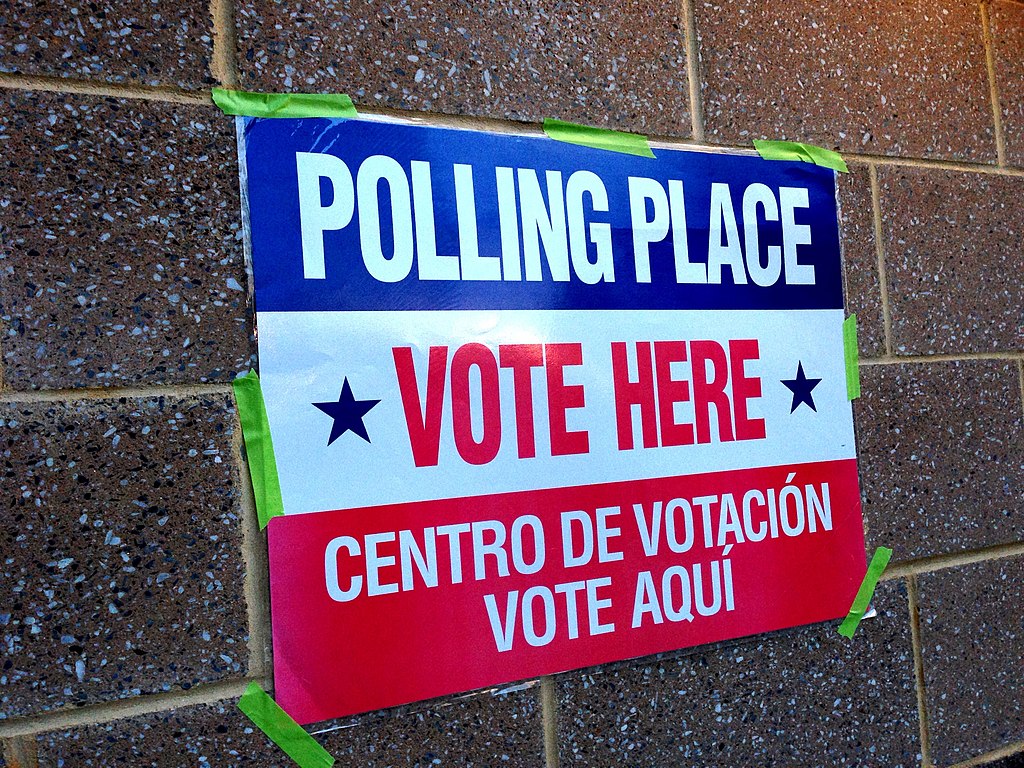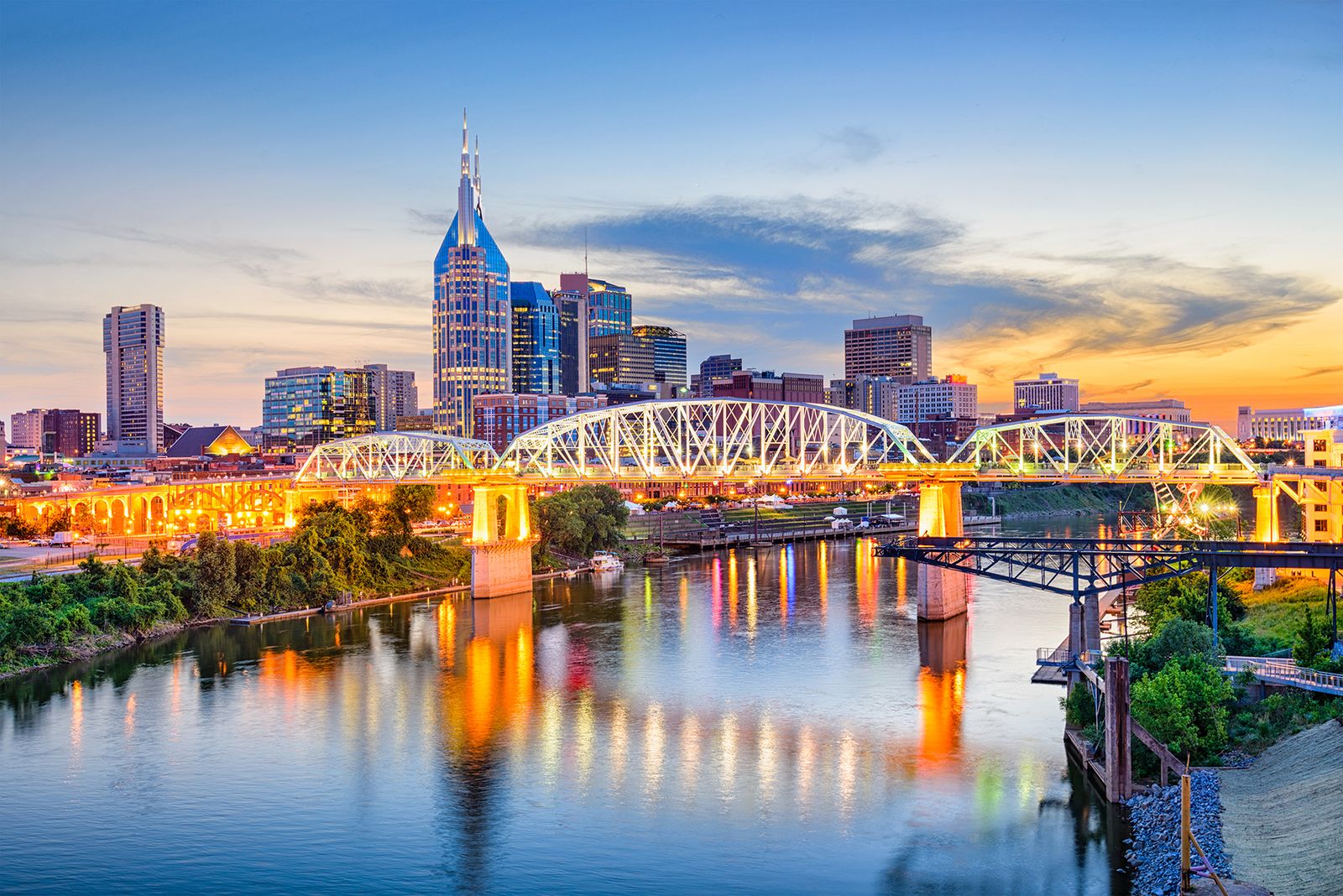Tag: Mayoral elections
-
Eight candidates are running in the general election for mayor of San Francisco, California, on Nov. 5

Eight candidates are running in the general election for mayor of San Francisco, California, on Nov. 5. Four candidates lead in polling and media attention: Incumbent Mayor London Breed, Mark Farrell, Daniel Lurie, and Aaron Peskin. Though San Francisco holds nonpartisan elections, all four of the leading candidates are registered Democrats ABC7 News conducted interviews with the…
-
Berkley, Seaman vie for Las Vegas mayor in Nov. 5 general election

Shelley Berkley and Victoria Seaman are running in the general election for mayor of Las Vegas, Nevada, on November 5, 2024. Berkley and Seaman were the top-two vote-getters in the June 11, 2024, primary, and both advanced to the general election because neither won a majority of the votes. Incumbent Carolyn Goodman, who was first elected in 2011, is term-limited. Goodman’s…
-
Berkley, Seaman advance to November 5 Las Vegas mayoral election runoff

Thirteen candidates ran in the nonpartisan primary for Las Vegas mayor on June 11, 2024. Shelley Berkley and Victoria Seaman were the top two vote-getters, and they advanced to a general election scheduled for November 5, 2024, because no candidate received a majority of the vote. Throughout the race, Berkley, Seaman, and Cedric Crear led…
-
Suzanne LaFrance defeated incumbent David Bronson in the nonpartisan general runoff election for mayor of Anchorage, Alaska

Suzanne LaFrance won the nonpartisan general runoff election for mayor of Anchorage, Alaska, on May 14, 2024. LaFrance defeated incumbent David Bronson, 53.5% to 46.5%. Bronson and LaFrance advanced to the runoff from the nonpartisan general election on April 2. LaFrance received 36.3% of the vote and Bronson received 35.0%. The two advanced to a…
-
Thirteen candidates running in June 11 nonpartisan primary for mayor of Las Vegas, Nevada

Thirteen candidates are running in the nonpartisan primary for Las Vegas mayor on June 11, 2024. Shelley Berkley, Victoria Seaman, and Cedric Crear have led in polling, media coverage, and fundraising. Incumbent Carolyn Goodman, who was first elected in 2011, is term-limited. Goodman’s husband, Oscar, served as Las Vegas mayor from 1999 to 2011. Goodman is one of eight mayors in the 100 largest cities…
-
Incumbent David Bronson and Suzanne LaFrance are running in the runoff for Mayor of Anchorage, Alaska

Incumbent David Bronson and Suzanne LaFrance were the top two vote-getters in the nonpartisan general election for mayor of Anchorage, Alaska, on April 2, 2024. The two advanced to a runoff that will take place on May 14, 2024, because neither received more than 45% of the vote. Although the election is nonpartisan, Bronson is…
-
Stacy, Minn., to elect new city council, mayor following recent annexation of nearby township

On April 9, voters in Stacy, Minn., will head to the polls to cast their ballots in a special election for city council. Uniquely, all four council positions and the mayorship are in play. This is because the City of Stacy recently annexed neighboring Lent Township. Judge Jessica Palmer-Denig approved the Stacy-Lent annexation last August…
-
Mayorships in two of the 100 largest U.S. cities changed party control in Nov. 7 elections

Thirteen of the 100 largest U.S. cities by population held general elections for mayor on Nov. 7, 2023. These elections resulted in party control of the mayor’s office changing in two cities. In Wichita, Kansas, Libertarian Lily Wu defeated incumbent Democratic mayor Brandon Whipple, and in Spokane, Washington, Democrat Lisa Brown defeated incumbent Republican mayor…
-
Nashville mayoral election headed to a runoff

Freddie O’Connell and Alice Rolli advanced from a field of 12 candidates in the nonpartisan general election for mayor of Nashville, Tennessee, on Aug. 3, 2023. The two will compete in a Sept. 14, 2023, runoff election. Although the election is officially nonpartisan, both candidates have political affiliations. O’Connell, who has represented District 19 on…
-
Nine candidates running in nonpartisan primary for mayor of Wichita, Kansas

Nine candidates are running in the nonpartisan primary election for mayor of Wichita, Kansas, on Aug. 1. The top two vote-getters will advance to a Nov. 7 general election. Incumbent Brandon Whipple is running for re-election. Dr. Russell Arben Fox, a political science professor at Friends University in Wichita, says that turnout in the primary…

